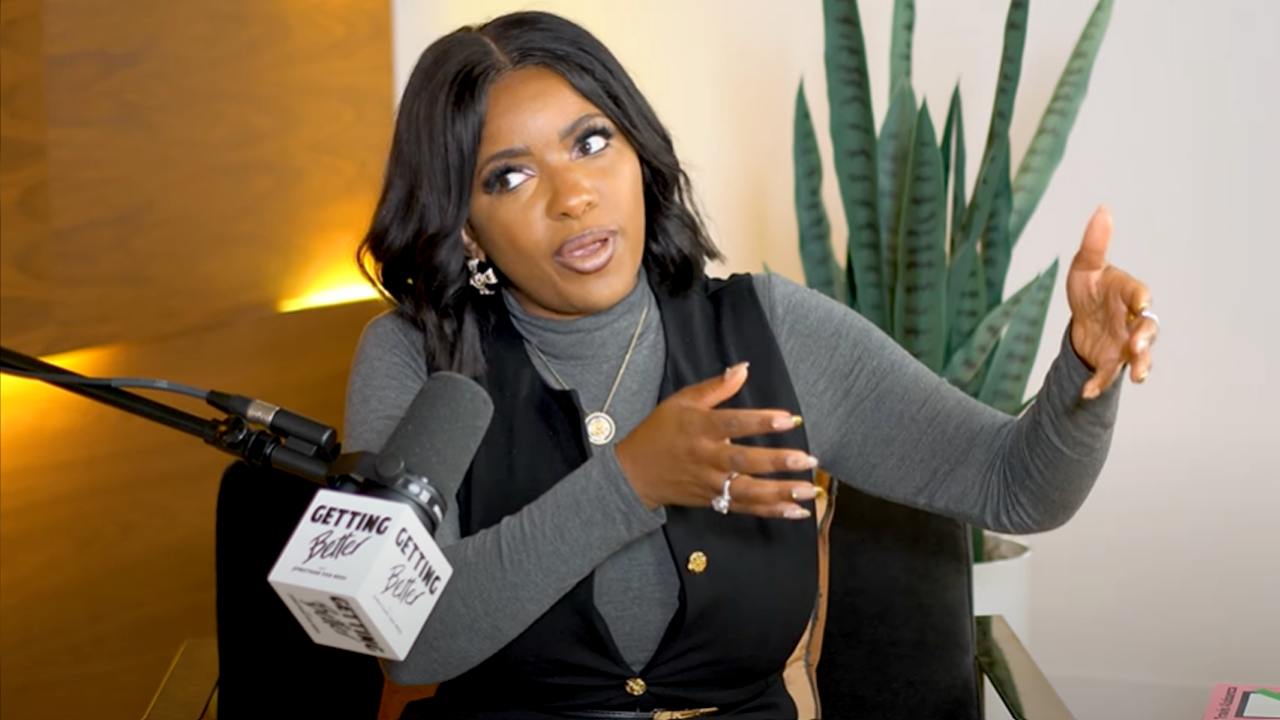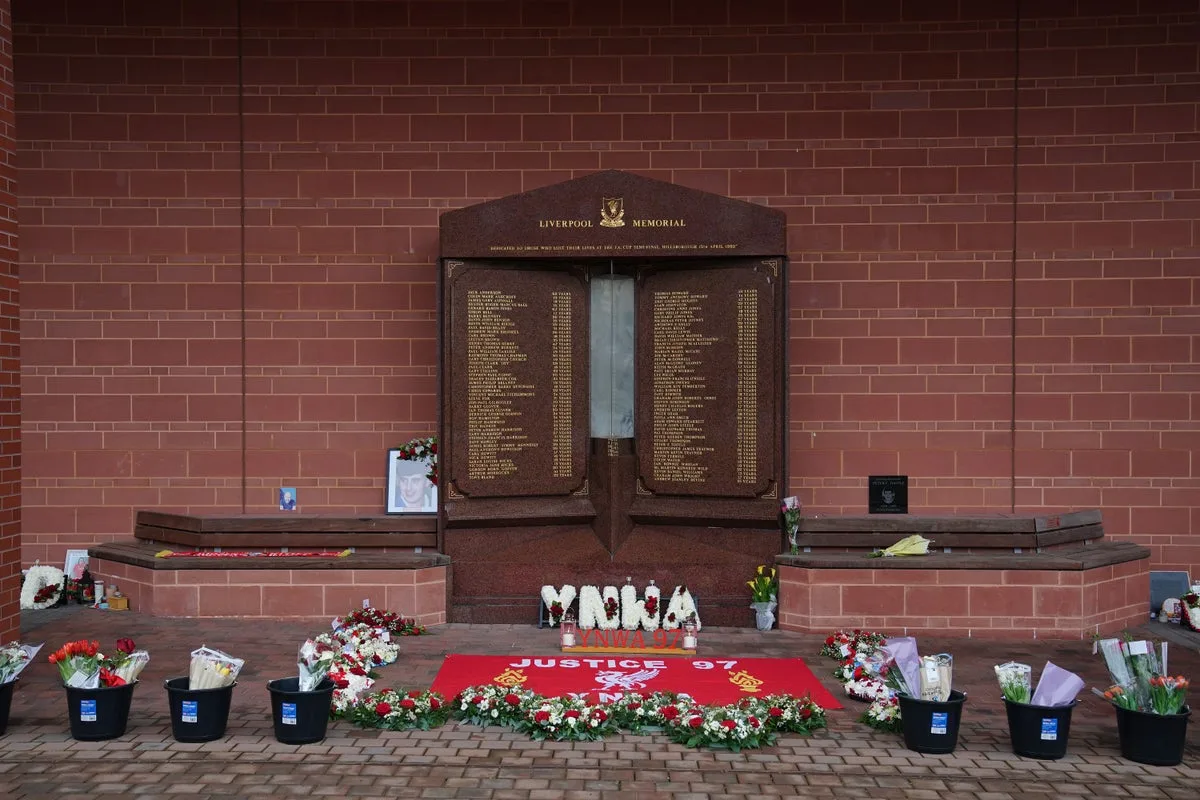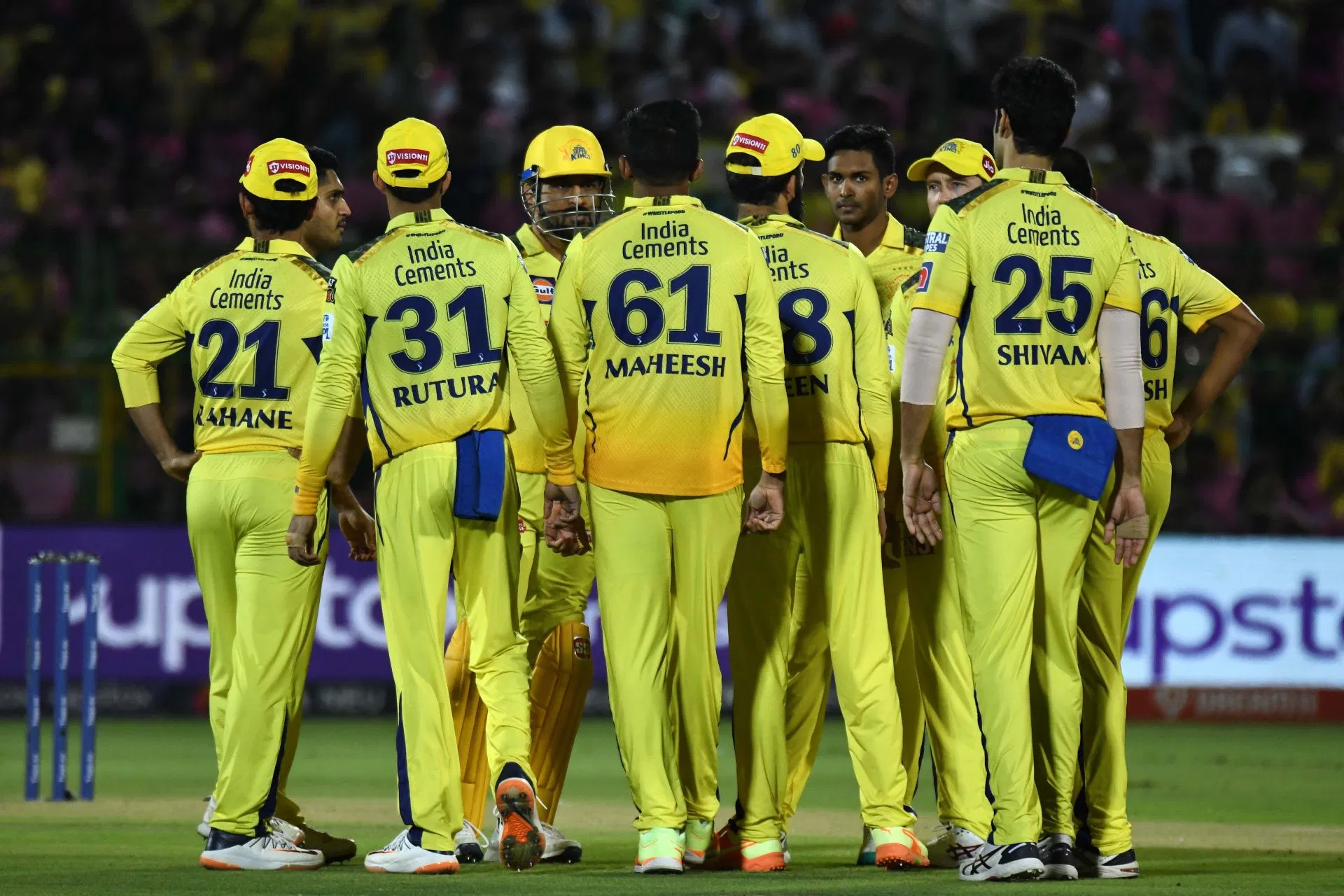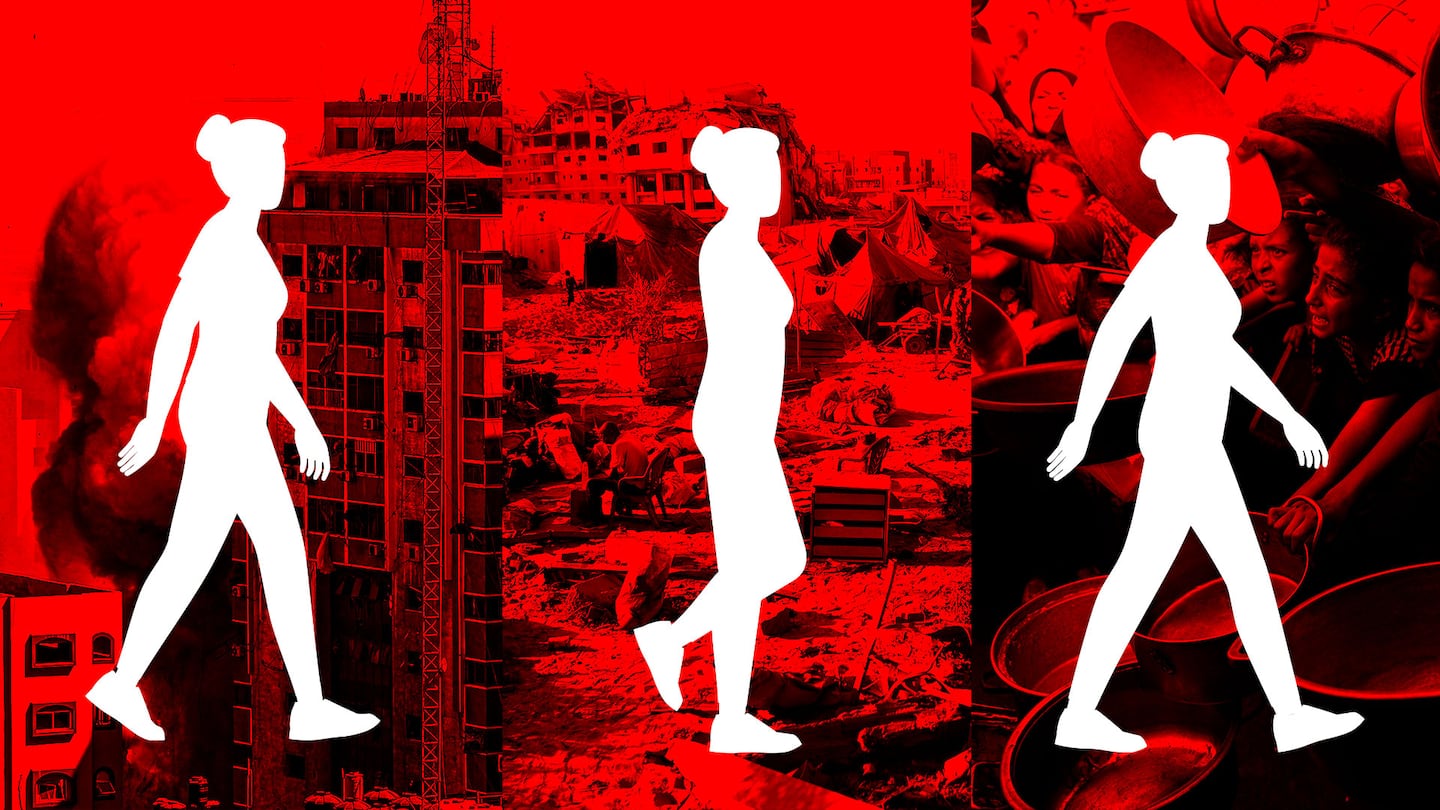
How else could I imagine people who lived next to such horror and carried on with their lives? Why spare them empathy? So what if they had children to feed or jobs to keep? So what if some might have been repulsed and quietly wished for a different reality? So what if they maybe even tried to do something about it?
Lately, I think about them more. I have a little girl and another on the way. I live in one of the most expensive cities in the world. My days are full — work, bills, worries. I want to protect my children and I think about their future. Turning inward to worry about them, especially while pregnant, is natural, understandable. I tell myself. They told themselves.
An hour’s drive from me, in Gaza, thousands of children have died — from bombings, from starvation. From a systematic policy of destruction my government is carrying out.
For years, I served as a humanitarian worker, often in places where bringing in food and water was a logistical nightmare. In South Sudan, I was a protection officer; without roads, the only way to bring supplies was to drop them from the sky. My role was to make sure that while people waited for the food, they had shade, water, and safety — and that the first principle of humanitarian aid, do no harm, was respected.
But my government doesn’t allow basic humanitarian protection in Gaza. There are roads. There are multiple ways to bring in the supplies people need. Yet the government blocks even milk supplements for babies and recently — in an act hard to see as anything but a PR stunt — has allowed for limited air drops, a method humanitarian experts have said is inefficient and dangerous in this context. People have been killed by packages falling on them.
This month, the UN’s global famine monitoring network warned that the “worst-case scenario” is already unfolding in Gaza: mass famine, a designation currently shared by Somalia, Sudan, and South Sudan.
What do I do with that knowledge? I close the news. I scroll past the images. Guilt feels heavy. Denial feels easier.
I’ve spent years opposing the occupation and grappling with what it means to live a normal life while Palestinians suffer its daily consequences. But this moment — the mass deaths in Gaza, the intentional starvation, the utter lack of shame with which my elected leaders speak of destruction and annihilation — has stripped away the last layers of illusion. The normalcy I once tried to maintain, however uneasy, now feels grotesque.
That ability to maintain the routine — to compartmentalize, to keep moving — is what I can’t stop thinking about. In Israeli culture, comparisons to the dark past of the Holocaust are forbidden — instantly dismissed as disloyal, even antisemitic. Yet I can’t shake the creeping recognition of the way normal life continues so seamlessly alongside such extreme terror, death, and cruelty. That recognition cracks the central myth on which I was raised — the promise of “never again” as the justification for our country’s existence.
In that collapse, I’ve gained a new understanding for the neighbors of my grandmother’s family. For the “bad side,” the one I never imagined belonging to. And yet, here I am.
Is that all there is for us as Israeli Jews? To accept this as our identity? Or maybe to move away in hope that distance will feel like absolution? I want to believe there is another way: to look this atrocity in the eye, bear witness but also resist it — not just in outrage, but through action.
Our sense of influence is almost nonexistent. Agency feels stripped away. Still, there are more and more of us who are horrified by what’s being committed in our name, heartbroken and furious, worried sick about the Israeli hostages in Hamas captivity, terrified for our own children being raised in a zone of interest defined by indifference — or worse.
I am convinced that change will come — not even the most entrenched systems of violence have endured forever. That change can take many forms, but it can still mean something other than one side demolishing the other. It can mean recognizing that two peoples live between the river and the sea, and that while both carry deep wounds and histories of violence, displacement, and fear, they do not stand on equal ground. One people lives under occupation, the other within a state built on the ruins of the first. And neither’s attachment to the land is going to disappear.
Building that change — a political alternative — is a form of resistance. A political alternative bold enough to confront the depth of this moment and pragmatic enough to be implementable if political will exists when the war ends. That alternative must be led by those of us who live here — Israelis and Palestinians. Without such an alternative, and without Israeli public opinion shifting to support it, the promise we’re being handed is “life by the sword,” forever.
Resistance for Israelis also means refusing to serve — as more and more, though not enough, are now doing — in an army carrying out policies we cannot justify. It means speaking about what is happening, working to ensure others know, and persuading them to refuse as well.
It is possible to create a political future in which the two peoples live side by side, each free to govern themselves, each secure in their own homes, while sharing the land to which we are all so attached and that we cannot neatly divide.
That is not naive. It is the only way to break the cycle that has brought us here. It is the only absolution I can offer my daughters, and the only legacy I want my grandchildren to inherit: that we refused the comfortable role of silent neighbors.
